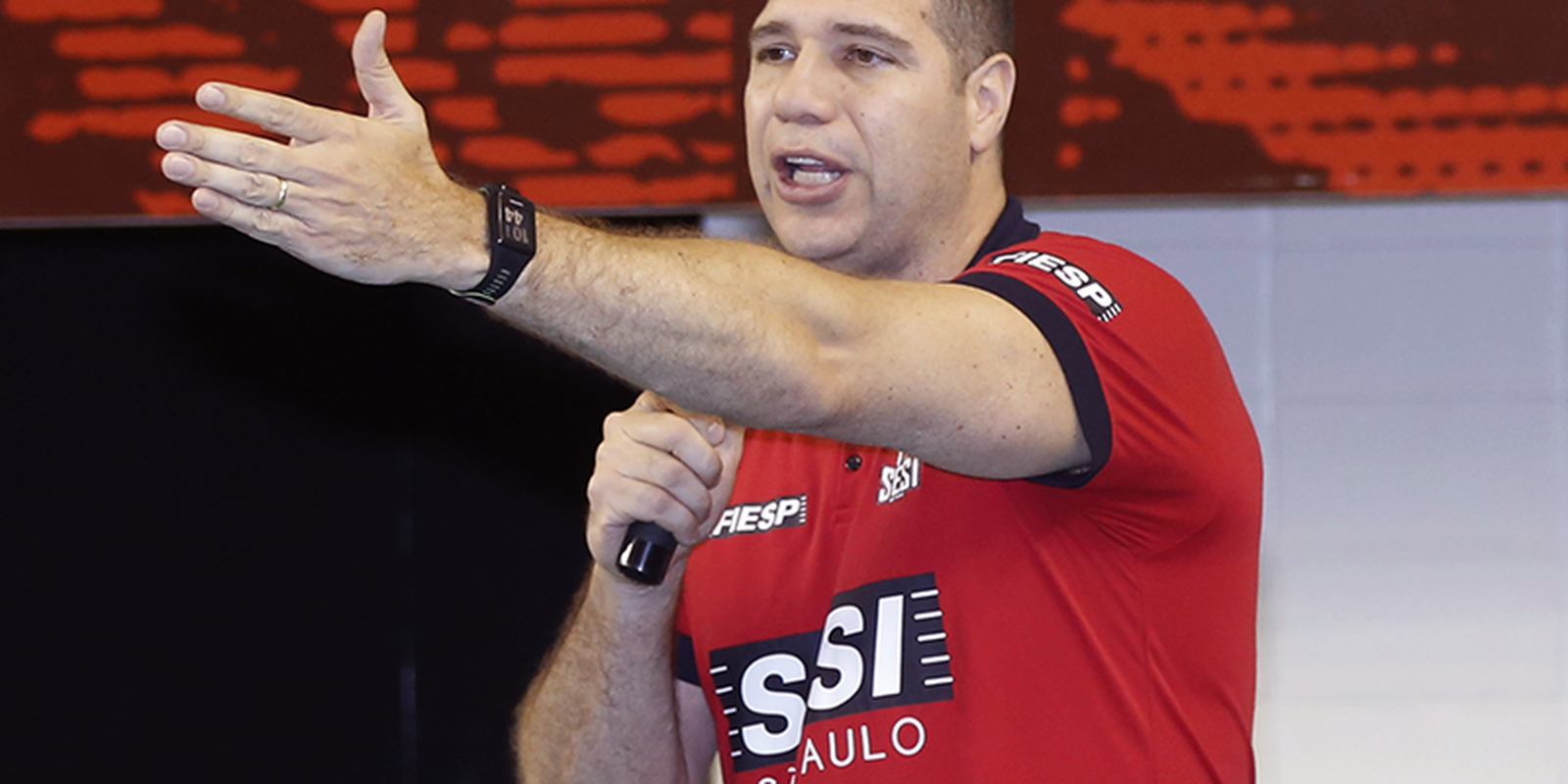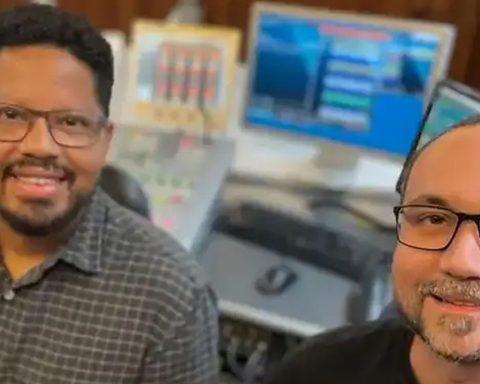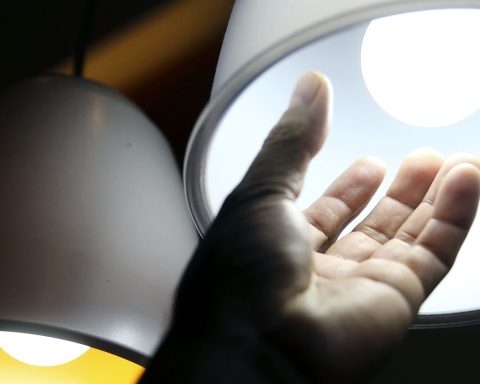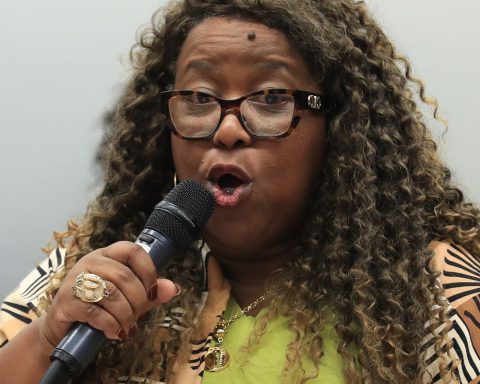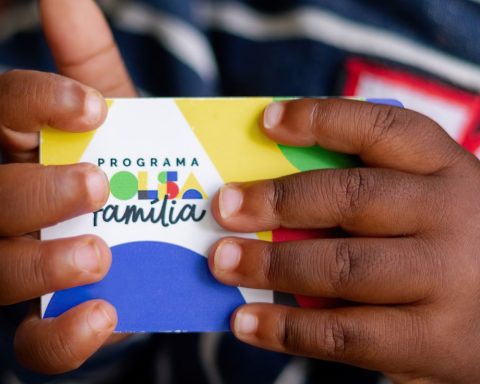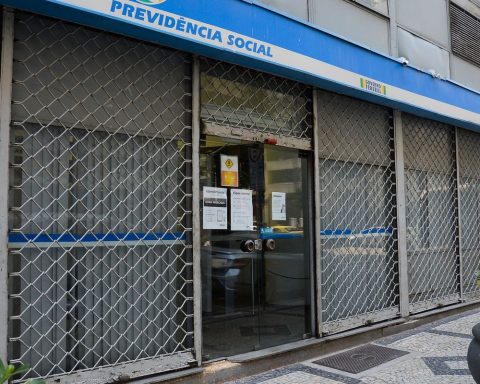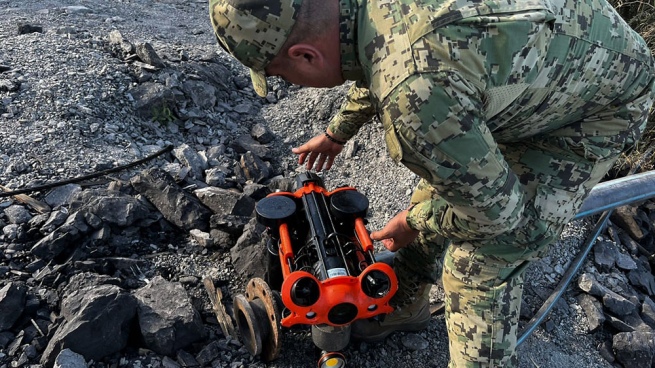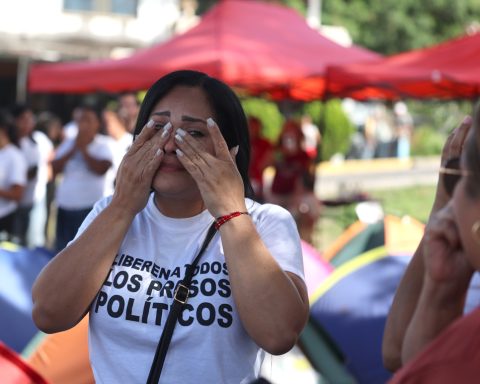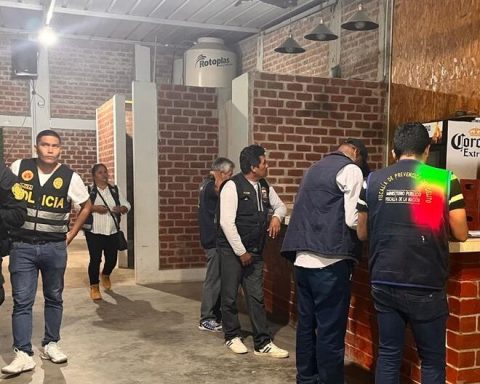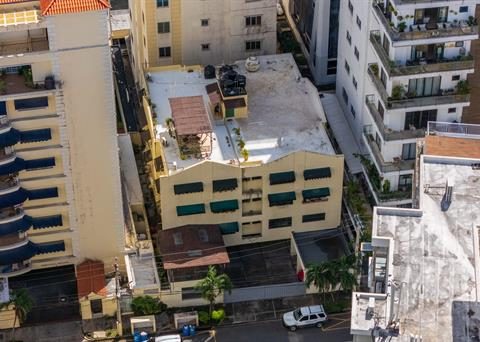30 years ago, the shirt 1 of the Brazilian men’s volleyball team prepared to serve. He went to the baseline and hit the ball four times. Then he took it in his hands, threw it high and jumped, high, causing his right hand to touch the ball.
The hit was accurate. The ball reached the opponent’s court with such force and speed that it was impossible for Holland to defend it. As ace (serve point) scored by Marcelo Negrão, Brazil reached the 15th point in the third set (at that time, the volleyball ends ended in 15) and won the match by 15×12, 15×8 and 15×5. The victory, which marked an eight-game campaign with victories in Barcelona (Spain), gave the country the first Olympic gold medal in the sport.
“Black. Ended. Ended. Brazil won. Brazil is the gold medal in volleyball. The best volleyball in the world”, shouted the emotional narrator at the end of the match.
O ace de Negrão was celebrated by thousands of fans who turned on the TV that August 9, 1992. It was the first time that Brazilians were able to celebrate winning an Olympic gold medal in a team sport. After that title came others. Volleyball itself also brought four more gold medals to the country: in 2004 and 2016, for men, and a double championship in 2008 and 2012, for women.
undefeated
In 1992, Brazil was sovereign on the court. Won every game, losing just three sets: for the Unified Team (name used by athletes and sports teams that formed the Commonwealth of Independent States and which included Russia) and for the difficult teams of Cuba and the United States. The cast, led by José Roberto Guimarães, had Amauri, Carlão, Douglas, Giovane Gávio, Janelson, Jorge Edson, Marcelo Negrão, Maurício, Pampa, Paulão, Talmo and Tande.
“I remember everything like it was yesterday. I remember all the training, everything from that time. It was a very young team, very young. I was 19 years old. Imagine: now I’m almost 50”, joked Marcelo Negrão, in an interview with Brazil Agency and the National Radio. “It was a historic feat, which marked our sport and the country. And it seems like yesterday.” For Talmo, Maurício’s reserve lifter, the team marked an era and continues to be a great reference.
Not long ago, Negrão, who recently coached the Mogi-SP team, had the chance to review the matches on TV along with his teammates. And he says he liked what he saw. “I attended. And I liked it a lot. we sat [cada um em sua casa], we made video calls and then everyone watched the game chatting, commenting and laughing. Maurício spoke to me: ‘Marcelo, it’s not for nothing, but you played well’ [ele ri]. Maurício was an impressive guy. It was every raised! He was the greatest lifter I ever had.”
Although the team played in a way that delighted the world, the gold arrived unexpectedly. Negrão says that the team was being prepared for the next Olympics, in Atlanta (United States). When they arrived in Barcelona in 1992, they weren’t expecting much. “It was my first Olympics. All very new,” he noted.
The initial discredit, however, turned into the best Brazilian volleyball campaign in an Olympics, with an incredible victory in the semifinals over the United States, then two-time Olympic champion. For Negrao, it was the most difficult game of that conquest. “The American school is very difficult to face. They adopt the principle of studying the opponent hard. The other teams study, but they are faithful to what they agreed to, from beginning to end. If you’ve changed something, they won’t. They will adapt and it will take a long time for them to change. The United States makes your head hurt,” he joked.
Family
Under the baton of José Roberto Guimarães, the Brazilian team, which made history, came together around a goal and created a family. “The reserves supported the holders. They knew they weren’t going to play; as they did not play, they did not enter the main games. But they were supporting the team, cheering the whole time. Being in a group where you know that the guy wants to take down the other is very exhausting, very bad, the positive energy ends, there is no good atmosphere. But we managed to take that away from the Brazilian team and a family was really created there”, said Negrão.
Even with the spotlight on the first team – which often also means less sponsorship and visibility for the reserves – Talmo says that, at that moment, the thought was focused on always being well prepared for the eventuality of having to replace Maurício, who came to be considered the best lifter in the world. “In my mind, I always had to be very well prepared to make up for his absence. But at no time did I hope to be in his place.’ So, that was the great differential of the whole team, starting points and reserves: we were thrilled with the victory of the guys on the court. We clapped our hands so they could play their best but at the same time we had to qualify more and more. We had to prepare ourselves and the training was very demanding. We were dedicated to being all on the same level. And, if necessary, we would enter and be able to play a good game, with victory. If not, we would applaud and go to the end. I think it’s the best men’s volleyball campaign of all time, losing only three sets”, he stated.
In addition to the united family, the team innovated in the way of playing volleyball in the world. “We had a lot of freedom to create. I was always attacking a lot of balls with Maurício and, when we started to make the balls a little faster, Giovane came up with a very fast move on the wing, which didn’t exist in the world. I came with a fast ball from the back, attacking on the three-meter line, which also didn’t exist”, said Negrão.
Some of these plays he keeps on his cell phone to show players at the clubs he coaches – innovations that were created back then and that today his players find difficult to achieve. “It was a fastball, from two times ago, plays that we made—and I made it in play, I’ve recorded it—and it worked,” he recalled. “Our way of playing, two forwards coming on the same ball at the same time, was something that didn’t exist and today it has that too. We managed to give world volleyball a revolution,” he added.
Former reserve lifter of the selection, Talmo, who was coach of Al Hilal (Saudi Arabia) and today is dedicated to Atibaia-SP and also to his doctorate, also remembers that volleyball has changed a lot in the last 30 years. “I believe the sport has changed and has changed at a rapid rate. We had a first component, which was the advantage – volleyball still didn’t have a running point -, there was no libero and mid-net players, who today go out for a libero, had to take part on the court. Athletes needed much greater technical and tactical condition in our time. Everyone had to do everything. The tactical scheme that Zé created for the team allowed us to play differently from all the Olympics, from all the teams, until today. No team played at the speed we were playing at the time, pulling two fast balls, speeding up the game the entire time,” he said.
It is this creative spirit, this ability they had to play in various roles, that the two athletes see as a response to the current Brazilian teams. “With this change of libero [jogador que atua com camiseta diferente dos outros do mesmo time, com função prioritariamente defensiva], athletes are specializing much earlier and are no longer having a technical experience that favors their long-term development. I think that’s a point that we have to think about, rethink and find ways to work with young athletes so they can experience range of motion. This will give them quality in the medium and long term,” said Talmo.
Future
Thirty years later, Brazilian volleyball has established itself on the court and on the beach. From winning teams led by Zé Roberto and Bernardinho, to duos like Ricardo/Emanuel and Jaqueline/Sandra on the beach, Brazil won many medals and inspired the world. Now it’s time for renewal.
After a victorious cycle, Bernardinho, for example, was replaced by Renan dal Zotto in charge of the men’s team. Zé Roberto continues as coach of the women’s team, the only one to win a medal in volleyball at the last Olympics: silver in Tokyo (Japan). Beach volleyball, which has always given Brazil podiums since it began to be part of the games, in 1996, went blank for the first time.
For Negrão, what is lacking in Brazilian volleyball is innovation, the same characteristic that made him win the first Brazilian gold medal in the sport. “It is necessary to innovate. Not in terms of players, but in game mode. I think you need to let the player go more to be creative and implement the surprise factor that we always had. Today, we are playing toe-to-toe with everyone. And then it will depend a lot on the day, how the guy is, how the guy from the other team is doing. The game is the same, very similar. I think this innovation is necessary.”
For the athlete, it is not lack of support, nor lack of training. It’s time, it’s maturity to be able to better in the Olympics”, said the former opposite.
“In women’s, I worked with some athletes who have potential and need time to mature and, just like in men’s, the women’s undergoes renewal. This process sometimes hurts a little, sometimes it’s not ready, it needs to be built. We need patience with this reconstruction. We have extremely competent people directing the selections. Zé Roberto and Renan, with their teams, certainly have a unique, unique and respected quality around the world. I think we, in Brazil, have to respect and understand this process,” added Talmo.
In the opinion of the author of the last Brazilian point in 1992, the men’s and women’s court and beach teams will arrive well in Paris (France), the next Olympic destination, in 2024. beach, male or female”.
In June of this year, Marcelo Negrão gave an interview to the program No Censorshipgives TV Brazil, about winning the Olympic gold. The program can be watched on site from the program.
